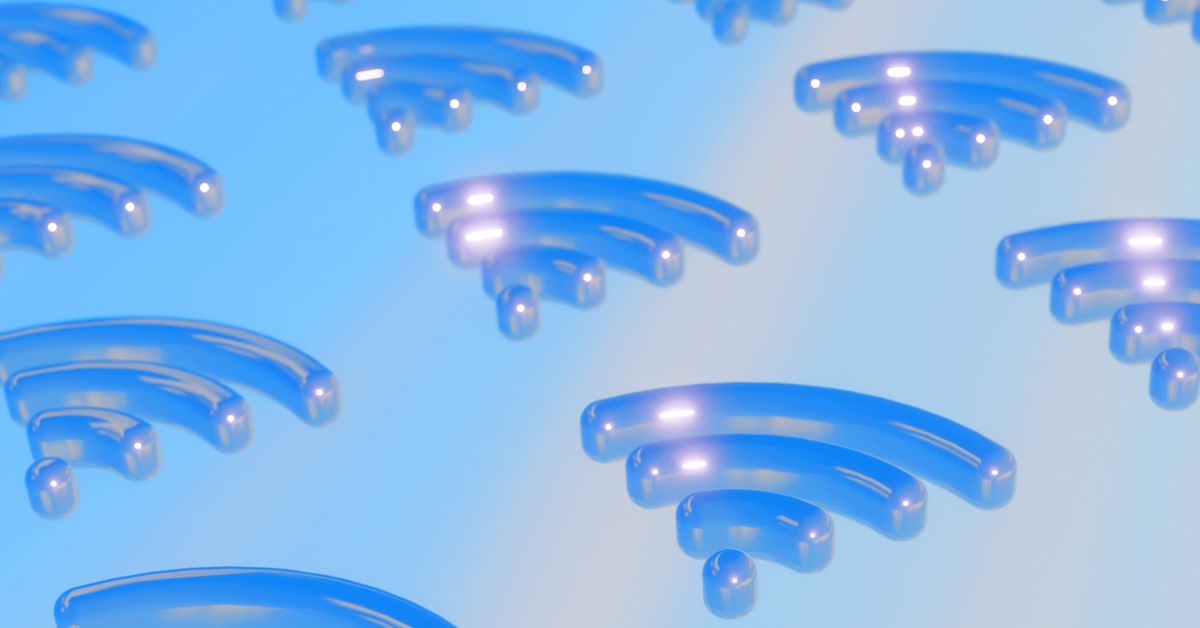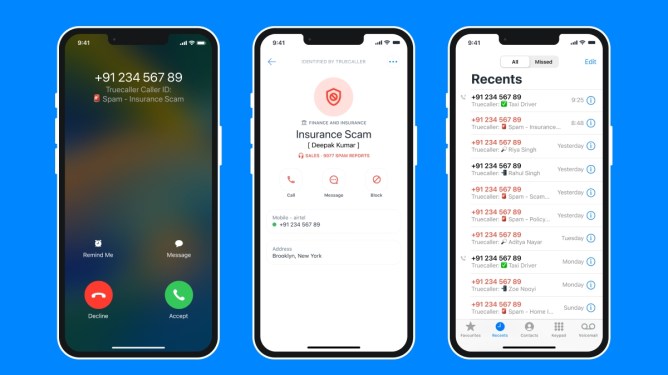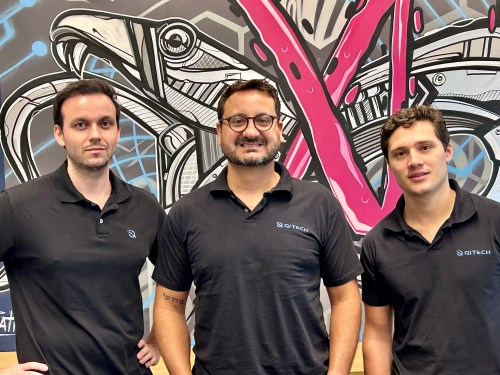T-Mobile Opens Registration for Starlink Beta Program
Are you ready to be one of the first to experience the future of mobile connectivity? T-Mobile is now allowing customers to sign up for its upcoming Starlink satellite direct-cell service, which promises to fill in 500,000 square miles of terrestrial cell tower dead zones across the US. This revolutionary technology has the potential to bring reliable and high-speed internet to even the most remote areas.
What is Starlink?
For those who may be unfamiliar, Starlink is a satellite internet constellation developed by SpaceX, which aims to provide fast, reliable, and global connectivity to underserved communities around the world. T-Mobile has partnered with SpaceX to integrate this technology into its mobile network, enabling customers to access high-speed data, voice, and text services even in areas where traditional cell towers are not available.
How Does it Work?
The Starlink system consists of a satellite that orbits the Earth, providing coverage for vast distances. When you make a call or send a text message through T-Mobile’s network, your signal is transmitted to the nearest Starlink satellite, which then connects you to the internet and routes your communication through the global network.
Registration for Beta Program Now Open
T-Mobile has created a new registration page where customers can sign up for free to be part of the beta program. This opportunity allows select post-paid customers with "compatible" satellite phones to experience the Starlink service before its official launch. The company will begin testing the service in early next year, and those who have registered will be among the first to try out this innovative technology.
What Can You Expect from the Beta Program?
Initially, registered beta testers will only get to try out satellite texting. However, voice calls and data services are expected to follow soon after. This initial phase of testing is crucial in ensuring that the Starlink service meets T-Mobile’s high standards for quality and reliability.
Behind-the-Scenes: Regulatory Approvals
T-Mobile and SpaceX have secured regulatory approvals from the Federal Communications Commission (FCC) to allow satellite-to-service connections for customers. While there were some concerns raised by Verizon and AT&T regarding potential interference with their competing satellite services, these issues appear to have been addressed.
Previous Tests Show Promise
In September, T-Mobile tested direct-to-cell emergency alerts through its Starlink system, while SpaceX successfully enabled satellite text messaging to T-Mobile customers in areas affected by Hurricane Helene and Milton. These early tests demonstrate the potential of this technology to provide critical communication services during times of need.
What This Means for You
With the launch of the Starlink beta program, T-Mobile is taking a significant step towards transforming the mobile landscape. As one of the first customers to experience this innovative service, you will be contributing to its development and helping shape the future of mobile connectivity. Whether you live in a rural area or simply want to stay connected on-the-go, T-Mobile’s Starlink service has the potential to bring unparalleled convenience and flexibility.
Get Ready for the Future of Mobile
T-Mobile’s Starlink beta program is now open for registration. Sign up today and be among the first to experience the future of mobile connectivity. With its promise of filling in 500,000 square miles of terrestrial cell tower dead zones across the US, this technology has the potential to change the way we communicate forever.
What do you think about T-Mobile’s Starlink service? Share your thoughts in the comments below!
Key Takeaways:
- T-Mobile is now accepting registrations for its Starlink beta program
- The service promises to fill in 500,000 square miles of terrestrial cell tower dead zones across the US
- Initial testing will focus on satellite texting, with voice calls and data services expected to follow soon after
- Regulatory approvals have been secured from the FCC, addressing previous concerns regarding interference with competing satellite services



